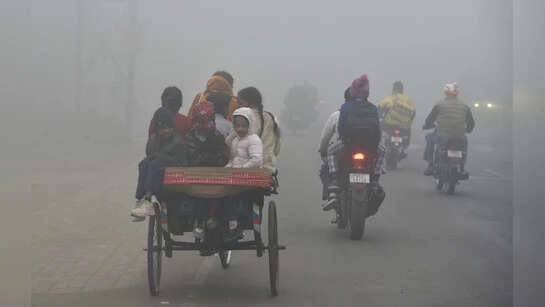In a recent political discourse, Trinamool Congress (TMC) MP Mahua Moitra has sparked controversy with her pointed remarks directed at a fellow party member, labeling them as a “waste of time.” This statement has ignited a heated discussion within the party and among political analysts, raising questions about intra-party dynamics and the challenges faced by political parties in maintaining cohesion. Moitra, known for her outspoken nature and sharp critiques, has often been a vocal presence in Indian politics, particularly on issues affecting her constituents and broader socio-political themes.
The context of Moitra’s remarks is crucial; they come against the backdrop of ongoing debates within the TMC about leadership, strategy, and the party’s direction, especially as it prepares for upcoming electoral challenges. Her comments signal a deeper discontent that may resonate with other party members who share similar frustrations but have yet to voice them publicly. This situation underscores the complexities of party politics, where personal disagreements can quickly escalate into public disputes, complicating efforts to present a united front.
Moreover, Moitra’s attack raises important questions about accountability and effectiveness within political ranks. By labeling a colleague as a “waste of time,” she not only critiques individual performance but also indirectly calls for a reevaluation of the party’s strategies and priorities. Such public confrontations can reflect broader ideological divides and may indicate a struggle for power within the party. As the TMC navigates its internal challenges, the implications of these remarks could extend beyond personal grievances, potentially influencing the party’s public image and electoral prospects in the near future.
As the political landscape continues to evolve, the reactions to Moitra’s comments will be closely watched, both within the TMC and among rival parties. This incident serves as a reminder of the fragility of political alliances and the necessity for leaders to engage in constructive dialogue to address grievances. The ability of TMC to reconcile these differences will be critical for its future stability and success in an increasingly competitive political environment.




